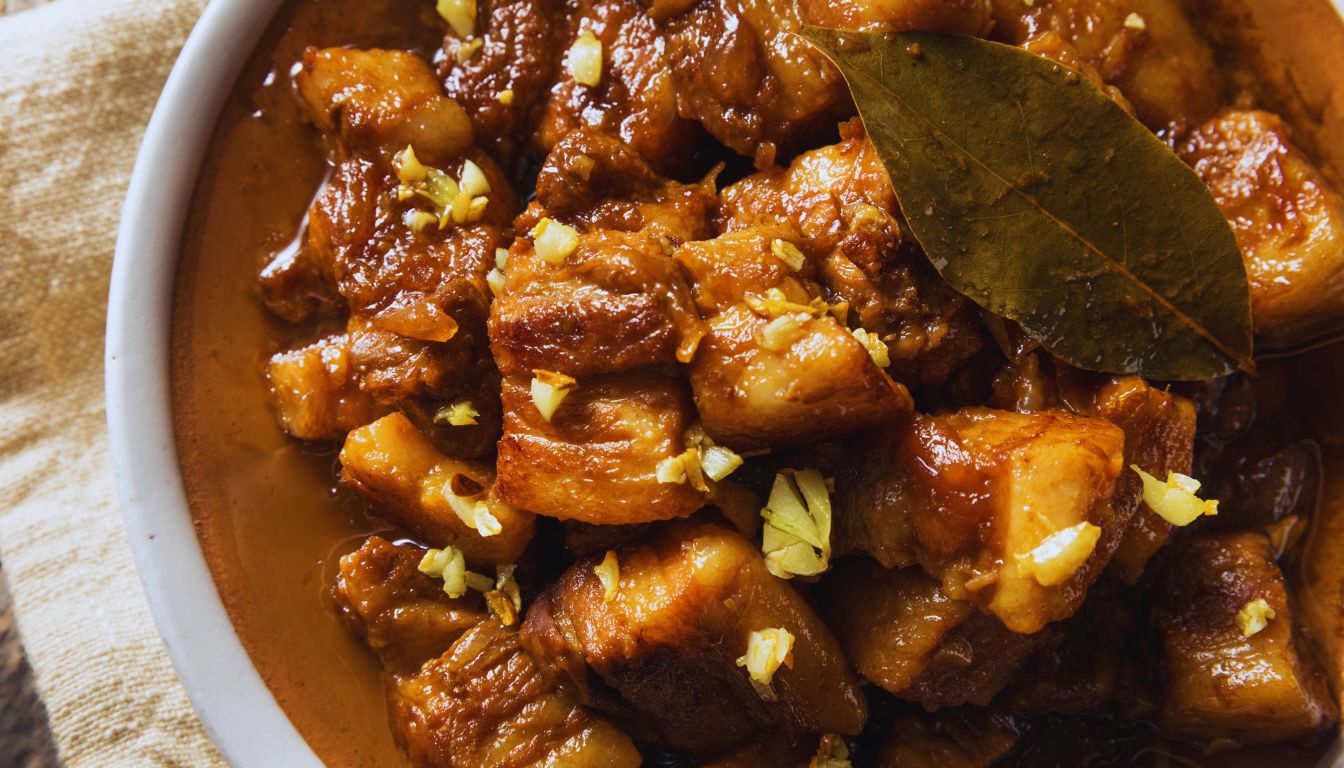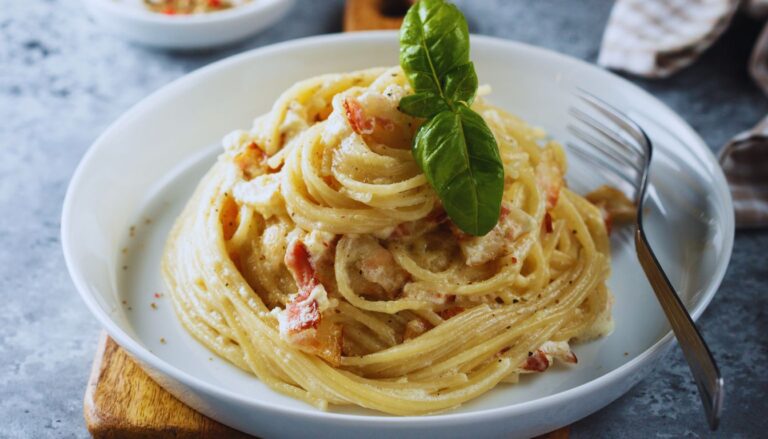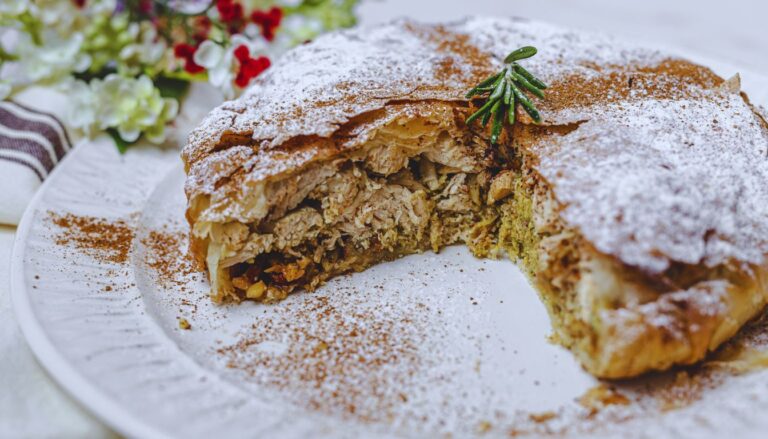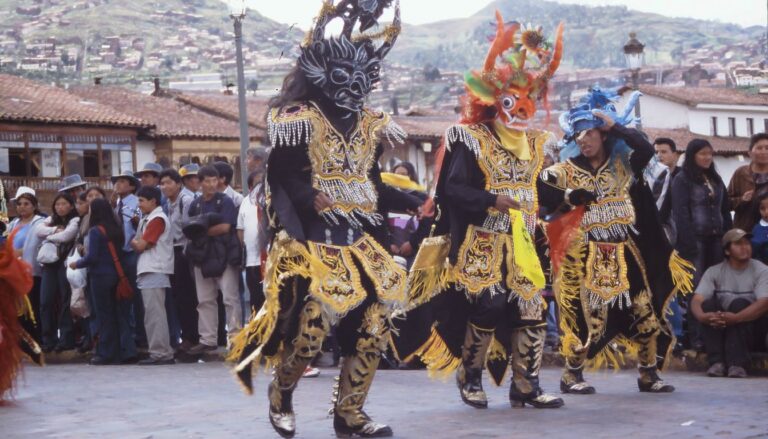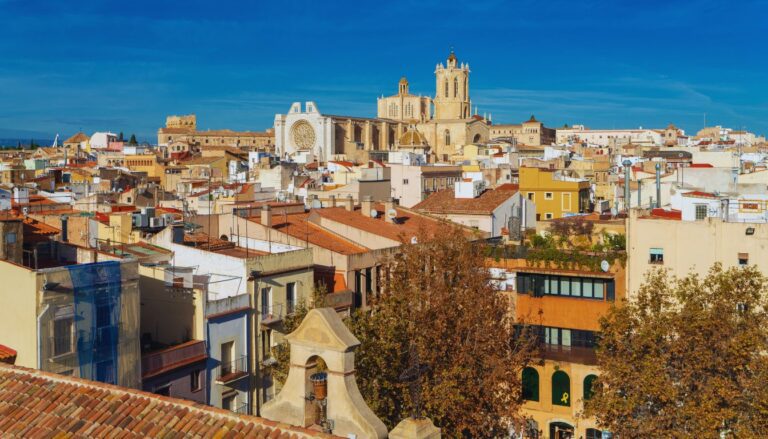Tiguadege Na, Djenné Mali
In the ancient city of Djenné, where the world’s largest mud-brick mosque stands sentinel over centuries of Sahelian history, Tiguadege Na emerges as a culinary treasure that reflects the soul of Malian cuisine. This hearty groundnut stew, whose name translates to “groundnut sauce with meat” in Bambara, represents the perfect harmony between the region’s agricultural bounty and culinary expertise. As the afternoon call to prayer echoes across the UNESCO World Heritage site, the aroma of this rich stew wafts through the city’s narrow alleyways, telling stories of tradition, community, and sustenance.
Table of Contents
Origins and History
Tiguadege Na’s roots are deeply embedded in Mali’s cultural heritage:
- Ancient origins in Sahelian cooking traditions
- Developed alongside groundnut cultivation
- Sustained traders along trans-Saharan routes
- Evolved through generations of family recipes
- Connected to agricultural cycles
- Preserved through oral traditions
The dish reflects the historical importance of groundnuts in West African cuisine and trade.
Cultural Significance
Tiguadege Na represents more than just sustenance:
- Symbol of Malian hospitality
- Central to community gatherings
- Important during celebrations
- Connection to agricultural heritage
- Expression of family traditions
- Link between generations
- Source of cultural pride
The preparation and sharing of this dish embody the communal spirit of Malian society.
Ingredients and Preparation
The excellence of Tiguadege Na lies in its careful preparation and quality ingredients:
Traditional Components:
- Fresh groundnut paste
- Local vegetables
- Seasonal greens
- Onions
- Tomatoes
- African eggplant
- Garlic
- Ginger
- Local spices
- Fresh herbs
- Dried fish (optional)
Authentic Preparation Process:
- Preparing fresh groundnut paste
- Creating spice blend
- Slow cooking process
- Adding vegetables in stages
- Achieving proper consistency
- Layering flavors
- Garnishing traditionally
- Serving with accompaniments
Where to Try It
Notable Establishments:
- Market Square eateries
- Family-run restaurants
- Community dining spaces
- Local homes (through cultural programs)
Neighborhood Recommendations:
- Near Great Mosque
- Market district
- Old town area
- Riverside establishments
Eating Etiquette and Customs
Understanding local dining customs enhances the experience:
- Eating with right hand
- Sharing from communal bowl
- Respecting elder priority
- Expressing gratitude
- Following proper seating arrangement
- Observing traditional timing
Seasonal Considerations
While available year-round, seasonal factors influence the experience:
- Best during groundnut harvest
- Rainy season variations
- Dry season adaptations
- Festival special preparations
- Market day specialties
- Religious celebration versions
Modern Interpretations
While maintaining tradition, some adaptations exist:
- Contemporary cooking vessels
- Modified cooking times
- Additional vegetable options
- Urban preparations
- Restaurant adaptations
- New accompaniments
Practical Information and Travel Tips
Essential knowledge for the perfect Tiguadege Na experience:
- Best enjoyed for lunch
- Local pricing standards
- Market day availability
- Cultural sensitivity important
- Modest dress recommended
- Consider timing around prayers
- Bring small bills
- Learn basic greetings
Making Your Tiguadege Na Journey Memorable
Immerse yourself in Djenné’s rich cultural heritage by experiencing this traditional dish in its historic setting. Take time to appreciate the connection between the city’s architectural wonders and its culinary treasures. Remember that each bowl of Tiguadege Na represents centuries of tradition, community wisdom, and the enduring spirit of Mali’s ancient civilization.

